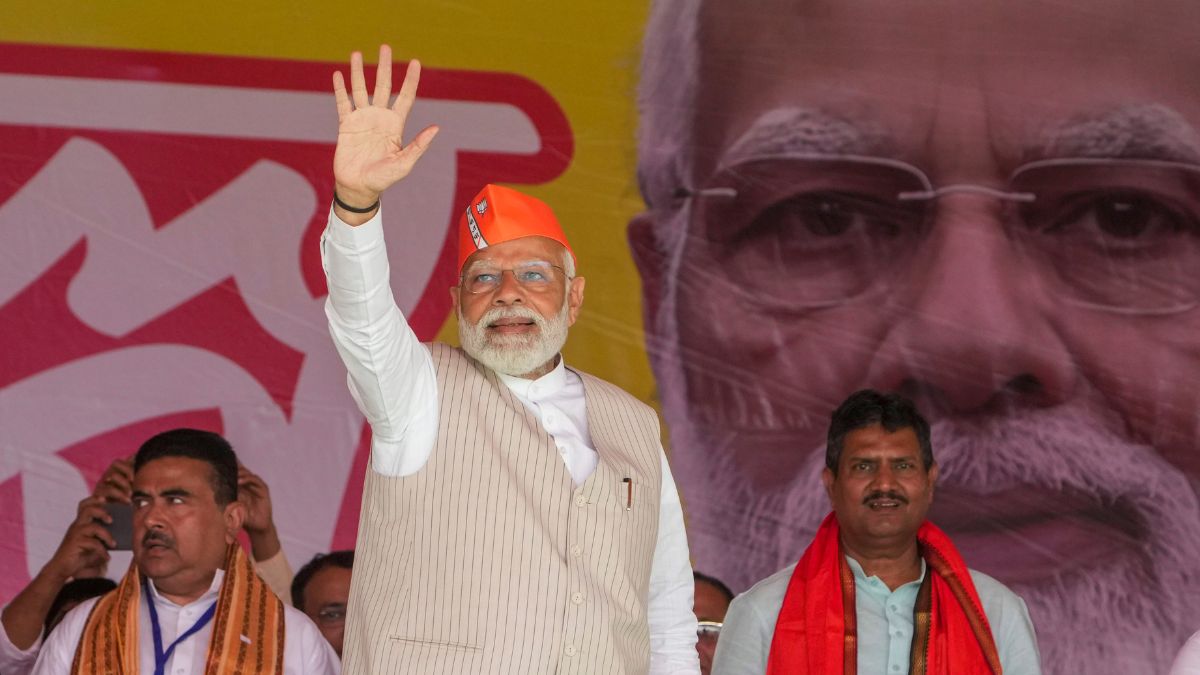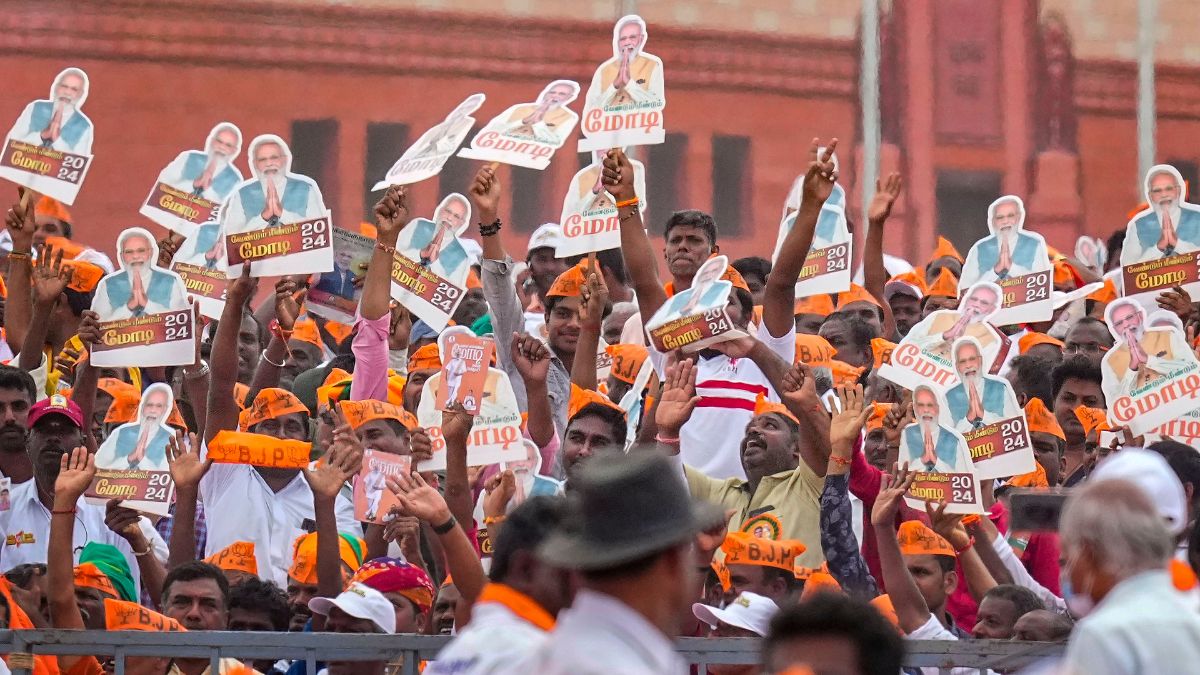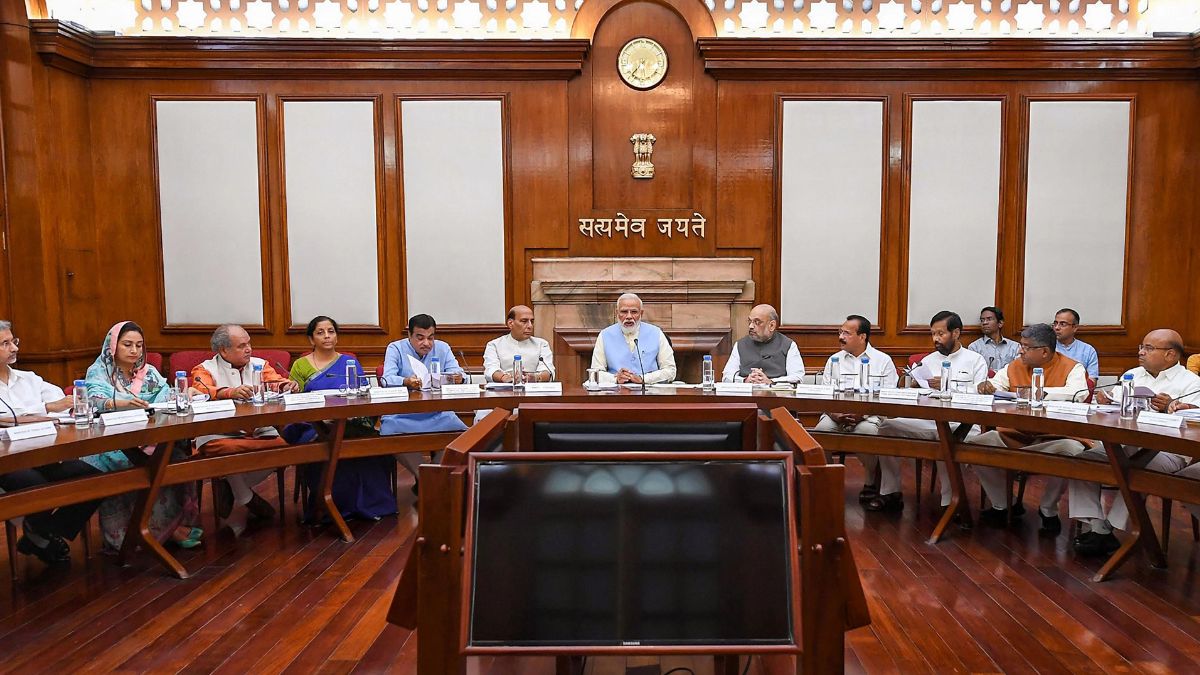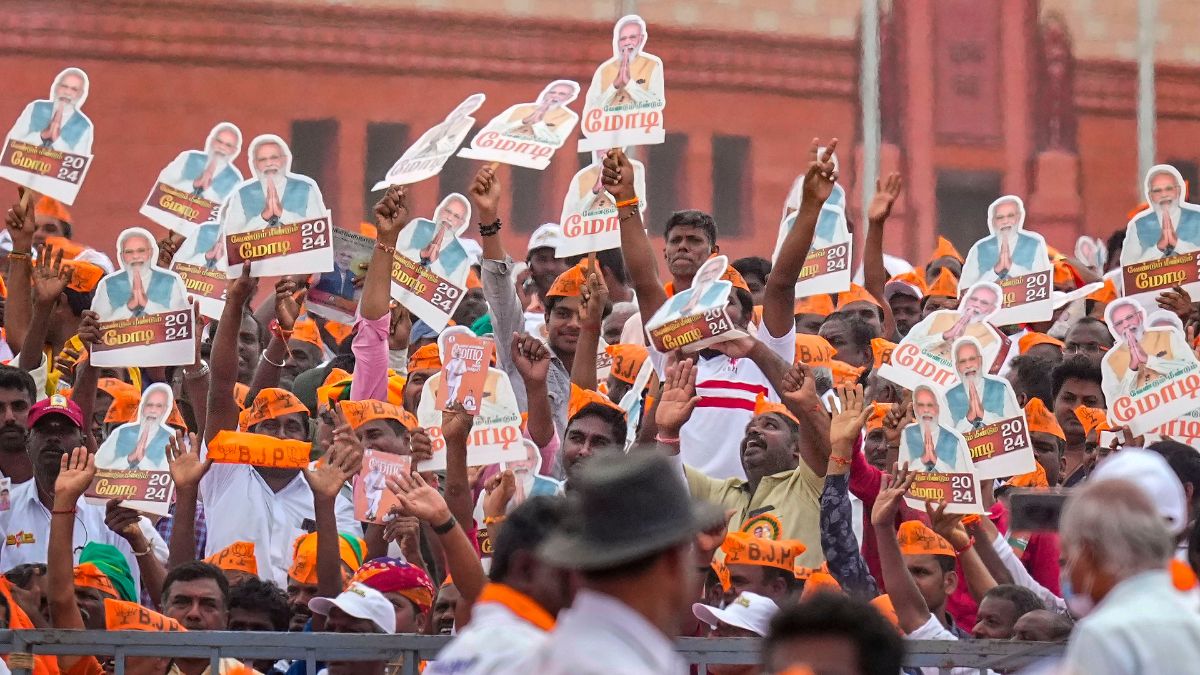Is Prime Minister-designate Narendra Modi India’s answer to Margaret Thatcher and Ronald Reagan, the radically pro-free market leaders of the UK and US from the 1980s? For those tired and despondent about the counter-productive role played by the Indian state – whether entrepreneurs, managers, economists or even ordinary citizens – India needs a Reagan-Thatcher moment. However, Modi is unlikely to emulate either Thatcher or Reagan in any hurry. The more apt global comparisons for Modi are Deng Xiaoping and Lee Kuan Yew and NOT because he intends to be authoritarian like them.
The most salient features of the economics that defined the legacy of Thatcher and Reagan were:
1. Aggressive privatization of state-owned entities
2. Deep deregulation of the financial sector
3. A long period of tight monetary policy
4. A crushing of labour unions
Modi isn’t likely to pursue any of these objectives in the short term. He has repeatedly said that he sees value in public sector enterprises and would prefer to grant them autonomy than privatize.
He isn’t an outspoken advocate of aggressive financial sector liberalization much like the economist Jagdish Bhagwati (who has openly advised Modi) who favours liberalization of trade and industry more than financial sector liberalization.
Modi’s party, the BJP (led by his close confidant Arun Jaitley), has insisted for several months that interest rates must come down, not go up despite almost chronic inflation. Modi and his team (rightly) believe that inflation is a result of supply side bottlenecks and not excess demand.
On the fourth issue, of labour, Modi is unlikely to dismantle India’s labour laws in a hurry and risk confrontation with unions. He may instead adopt the more pragmatic approach of letting states decide on labour laws rather than the Centre. Overall, on available evidence, Modi isn’t a Thatcherite barring his no-nonsense attitude to politics and Government. He isn’t even remotely Reagan, the one-time actor and sunny Californian who was hardly tough by personality.
So does that mean all hope for free markets and radical reform is wishful thinking? No. It’s just that Modi’s role models are likely to be found closer to home, in East Asia, as a matter of fact in China and Singapore (and perhaps Japan), countries which were at India’s level of development when they began to reform rather than the US and UK which were already advanced economies when Reagan and Thatcher took over. What were the salient features of Deng Xiaoping’s reformist economics (and to a large extent Lee Kuan Yew’s as well) which transformed China (and Singapore)?
1. An open policy for Foreign Direct Investment
2. An easy business environment for private enterprises
3. Heavy State investment in infrastructure, both physical (roads, ports etc) and social (education , health) but limited doles
4. An important (but autonomous) role for public sector enterprises
5. Low interest rates to buoy investment
6. In China’s case, a strong emphasis on devolution of powers to provinces
There is every likelihood that Modi’s government will adopt each of these as guiding principles of its policies. The Government of Gujarat adopted the first 4 principles when Modi was chief minister. Points five and six need the Central Government to implement.
Of course, it was easier for both Deng and Lee to implement their policies in what were essentially one party authoritarian systems of Government. Modi’s challenge is to push reform in a noisy democracy. And yet, there is nothing unobjectionable about any of the six points. Many of Modi’s political challenges could be solved if he partners closely with chief ministers, many of who are from regional parties which could provide the necessary Parliamentary backing (particularly in the Rajya Sabha where the NDA does not have a majority) to get reform done.
Once the first set of China-Singapore style reforms kicks off and the effects begin to show, Modi can move on to implementing parts of the Reagan-Thatcher agenda, like privatization and complete financial sector deregulation.
But that is more likely to be the programme of a second Modi government should it win again in 2019. In term one, the government will play a big role, hopefully in a much more efficient manner than it did under the UPA, more like Deng and Lee than Manmohan and Sonia.


)




)
)
)
)
)
)
)
)